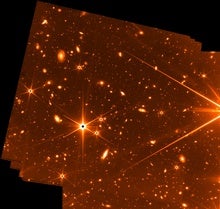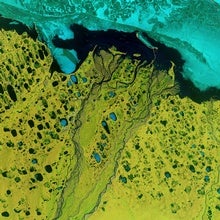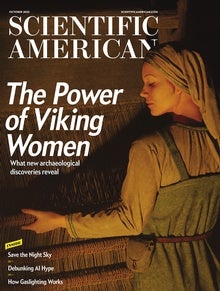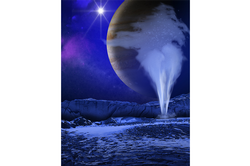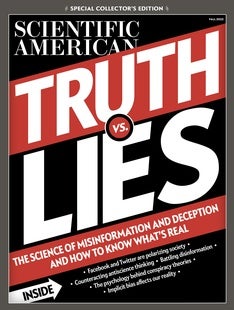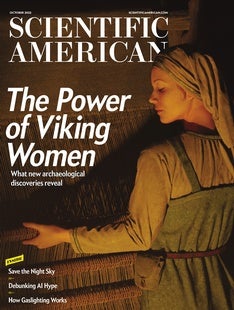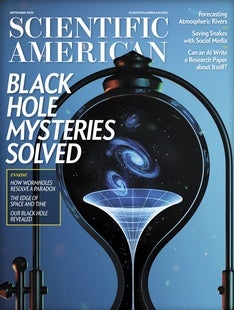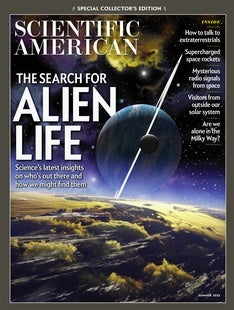 |
| October 13, 2022 |
Dear Reader,
This week, we're seeing "an old friend with a new haircut": Jupiter's icy, ocean-bearing moon Europa, which was recently visited by NASA's Juno spacecraft in a flyby that provided the best-in-a-generation images of the satellite's surface, revealing how it has changed across recent decades. The flyby produced more than just eye candy, however. Juno's instruments also gathered data about Europa that could help future missions pinpoint target sites for closer investigations, namely regions that may spout watery plumes from subsurface reservoirs. Such studies could help answer the question of whether this alien moon is habitable—or even inhabited. Elsewhere this week, we have stories on the smashing success of NASA's DART mission, calibration woes for the Webb telescope, how satellites can combat climate change, and more. Enjoy! |
| |
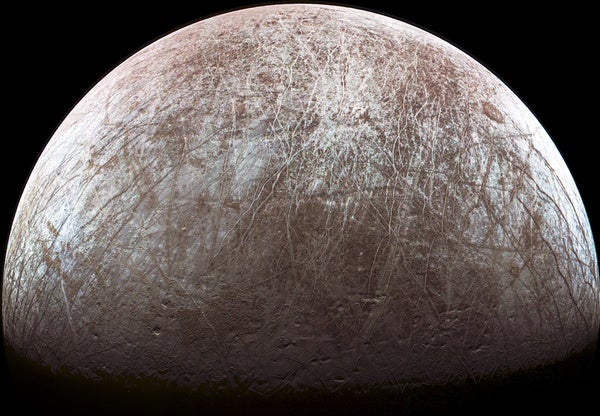 |
| |
| |
| |
| |
| |
| Engineering NASA's Saturn V Rocket, the Moon Rock Box and the Woman Who Made Them Work Properly Yvonne Y. Clark, known as Y.Y. throughout her career, had a lifetime of groundbreaking achievements as a Black female mechanical engineer. In the third episode of the third season of the Lost Women of Science podcast, we see how Y.Y.'s brilliance helped make Project Apollo a success | | By Katie Hafner,Carol Sutton Lewis,The Lost Women of Science Initiative | | | |
| |
| |
FROM THE STORE
 | | | |
| QUOTE OF THE DAY
 "Europa is one of the most promising worlds in our search for habitability and life. So these missions and their detailed studies are key to shortening the gap between Europa being just a promising habitable world and having the data needed to confirm its habitability." Lucas Paganini, program scientist of the Juno mission | |
FROM THE ARCHIVE
 | | | |
LATEST ISSUES
 |
| |
| Questions? Comments?  | |
| Download the Scientific American App |
| |
| |





